-
 play_arrow
play_arrow
PUKfm
-
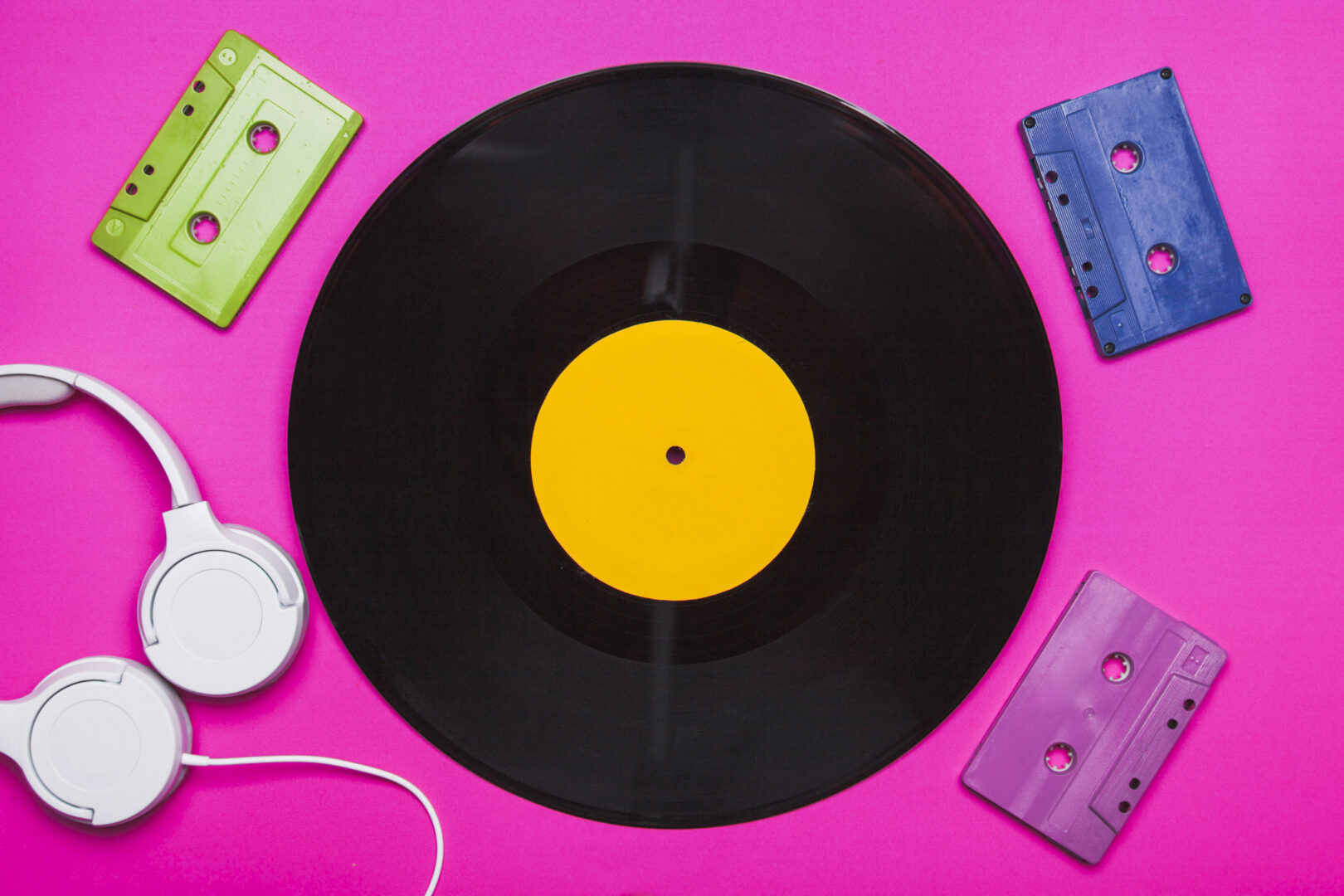 play_arrow
play_arrow
London Calling Podcast Yana Bolder
-
 play_arrow
play_arrow
Summer Festival Podcast Robot Heart
-
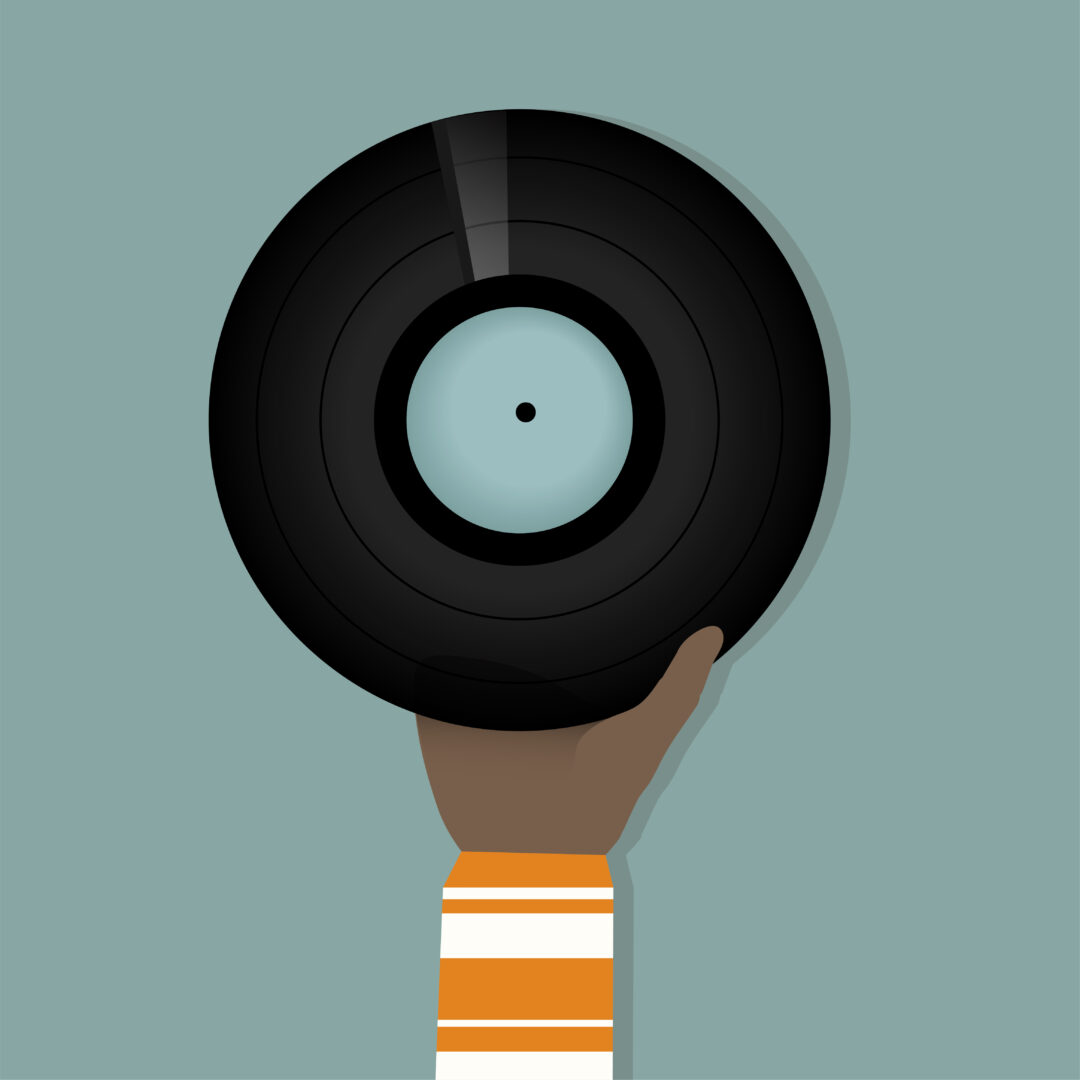 play_arrow
play_arrow
Electronic Trends Podcast Aaron Mills
-
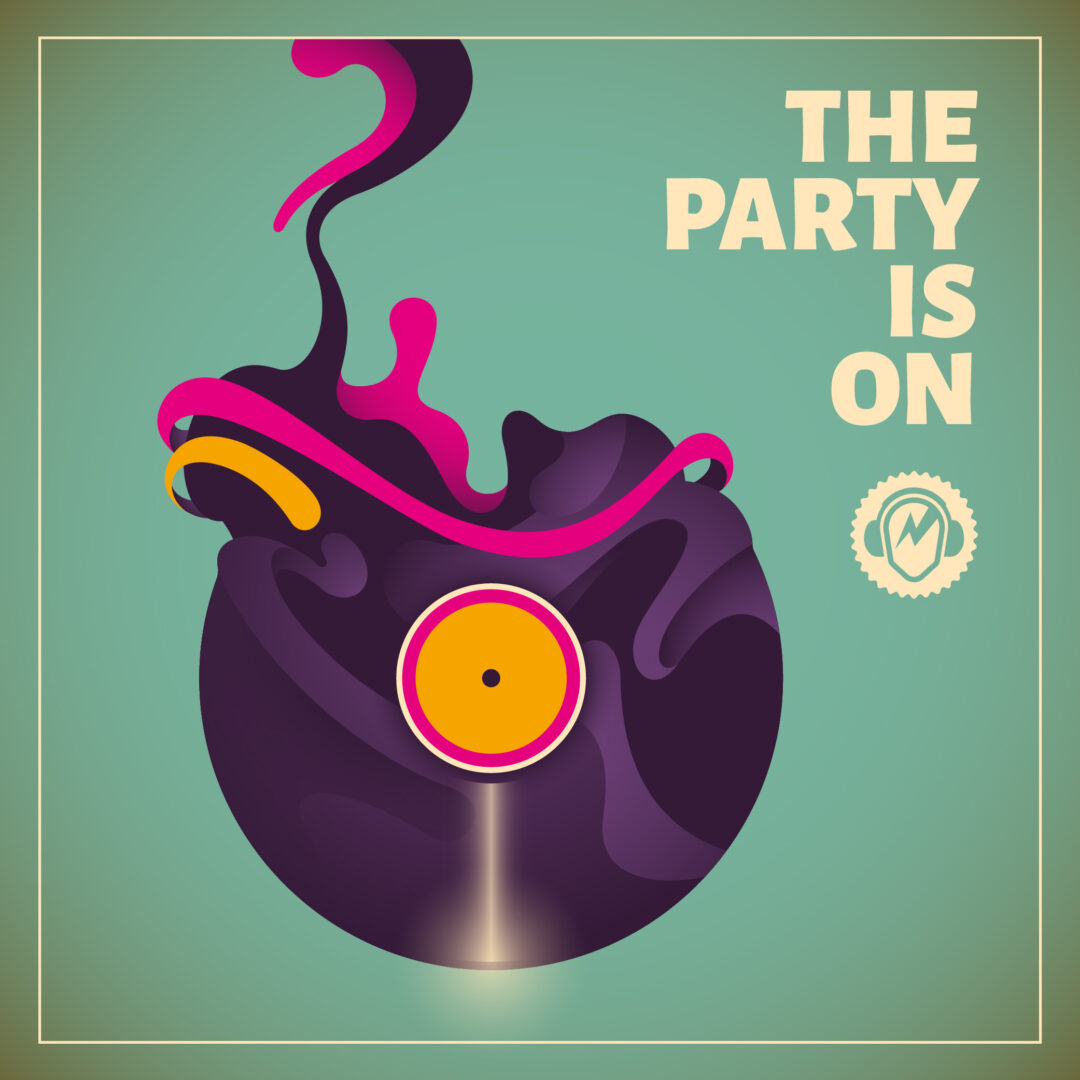 play_arrow
play_arrow
New Year Eve Podcast Robot Heart
-
 play_arrow
play_arrow
Techno Podcast Robot Heart
-
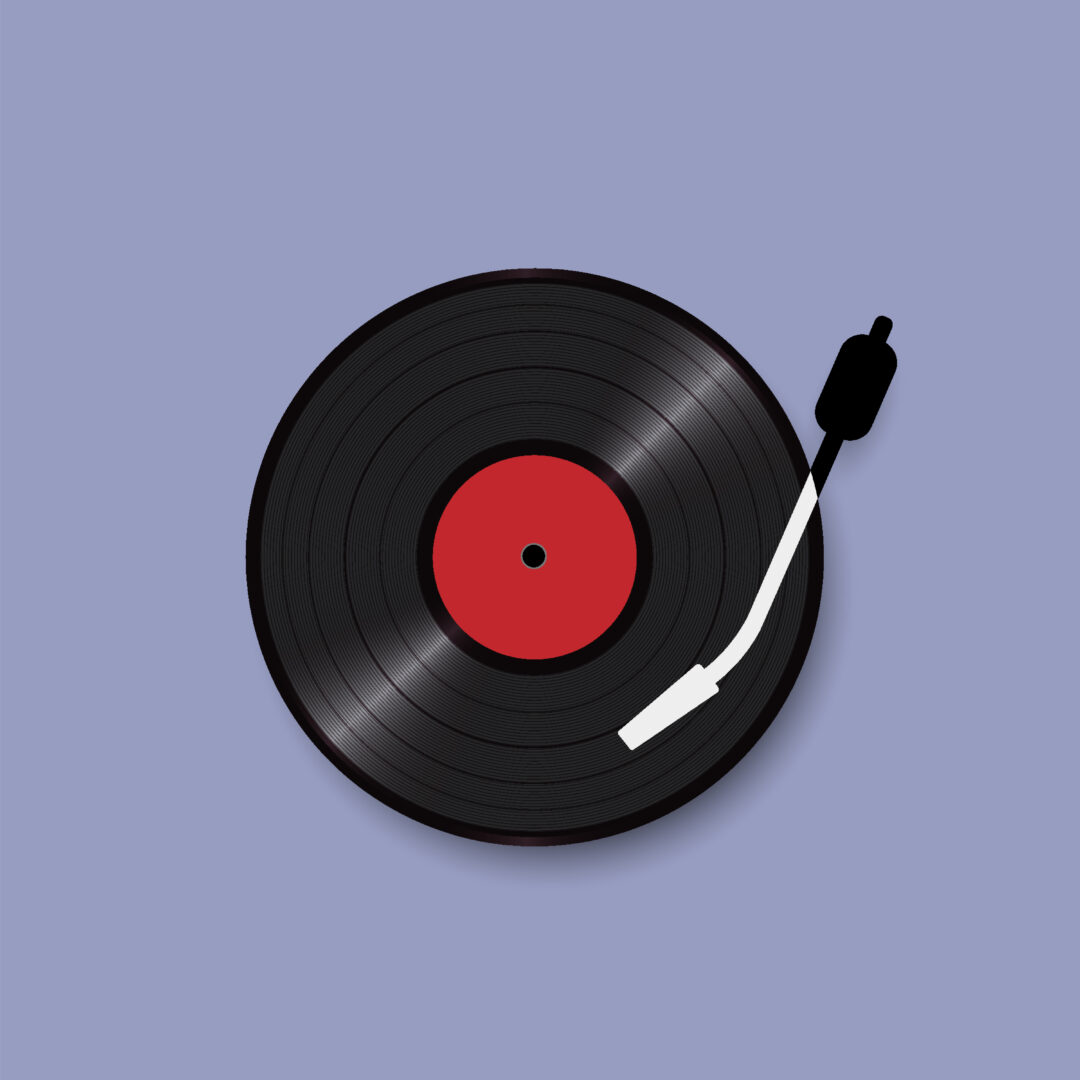 play_arrow
play_arrow
Flower Power Festival Podcast Robot Heart
-
 play_arrow
play_arrow
Tech House Podcast Robot Heart
-
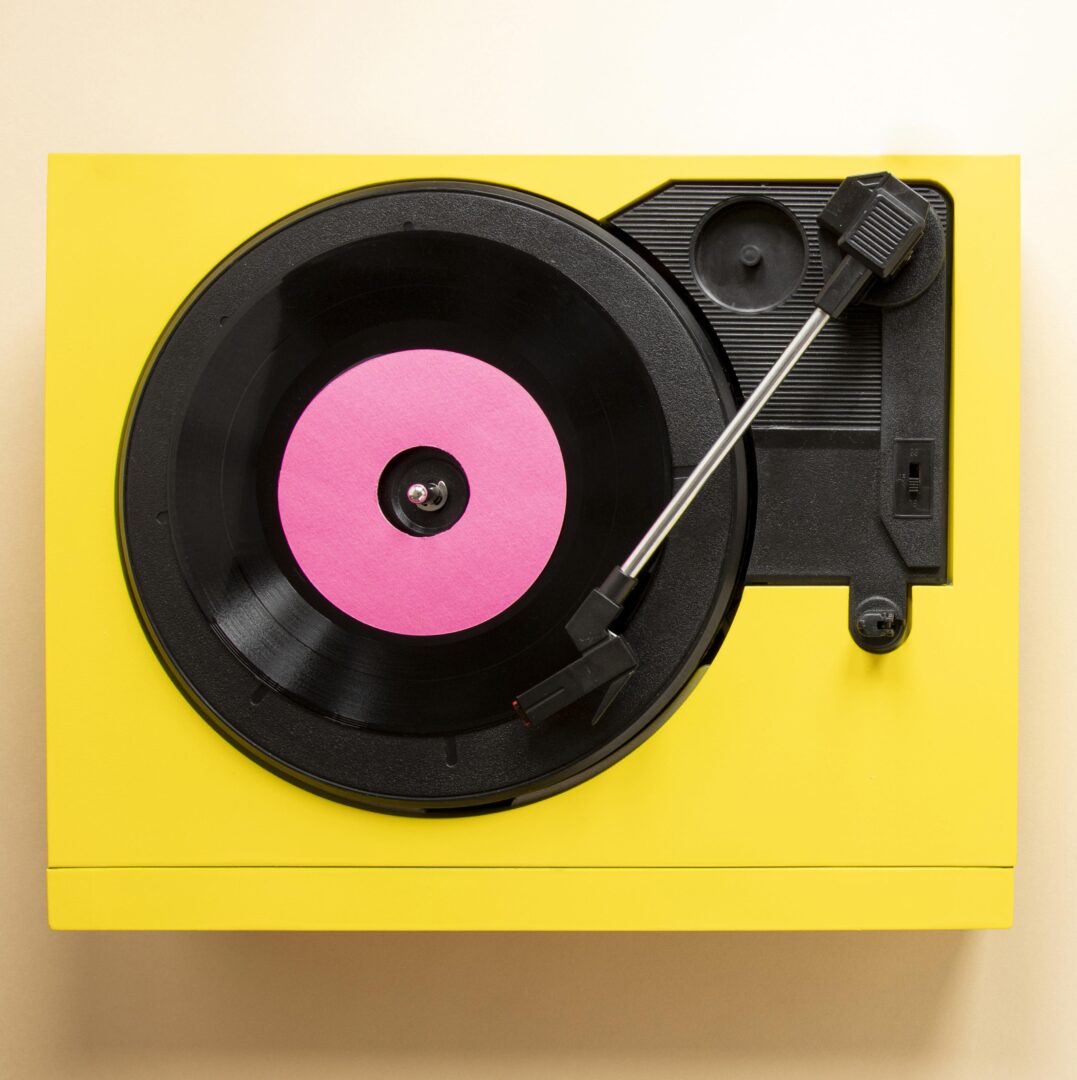 play_arrow
play_arrow
Winter Festival Podcast Robot Heart
Megan Grobler
@megan_gro.bler
Studying as a university student can be challenging. Especially if you haven’t figured out your ideal study method, don’t have time, or simply don’t have the motivation to put in the work. Here are some tips for the upcoming test season, so you are well equipped and prepared for any challenges that may come your way.
- Avoid cramming
Lian Parsons from Harvard Summer School wrote in her article, “Top 10 study tips to study like a Harvard student”, that cramming hinders long-term learning. Even though you may do well on a test you’ve crammed for, you will forget the study material by the time you write your next test.
- Get a good night’s sleep
The University of St. Augustine for Health Sciences explained in an article, “How To Study Effectively? 10 Best Study Techniques | USAHS”, that a 2019 study found a positive relationship between students’ grades and how much sleep they are getting. The article goes on to say that one night of eight hours of sleep is not enough and getting enough sleep every night for the days leading up to the test is beneficial.
- Find your learning style
Parsons’ article also highlighted the importance of finding your learning style and sticking to it. While it may take time and some trial and error it will benefit you greatly in the long run.
- Planning ahead
Having a study plan with definitive goals can help you feel more prepared, according to Parsons’ article. Creating a set schedule and following it, can prevent procrastination which university students experience often when making the transition to university-level workloads.
- Become the teacher
The University of North Carolina at Chapel Hill’s article, “Studying 101: Study Smarter Not Harder”, stated that saying the words aloud to yourself and teaching it to a non-existent audience can be beneficial to the studying process.
- Find your ideal study environment
The University of St. Augustine for Health Sciences’ article said that switching up your study environment and having a change of scenery may help increase recall performance and improve your concentration levels. They suggested finding a local coffee spot or local library for your next study session.
- Use the buddy system
Parson’s article stated that fellow students are likely experiencing the same struggles as you are and that having group study sessions to go over material together, brainstorm, and support each other through challenges is beneficial and can encourage more effective studying.
- Question, evidence and conclusion
The University of North Carolina at St. Chapel Hill’s article went on to explain that considering what the question is that the lecturer is asking, what evidence is presented, and drawing conclusions from that makes for better studying.
- Eliminate any distractions
According to the University of St. Augustine for Health Sciences’ article, silencing your phone, annoying background noise like TV or radio, and avoiding checking social media until the end of your study sessions will eliminate distractions.
- Efficient snacking
Drinking coffee and eating candy will give you a temporary energy spike but lead to a blood sugar crash, according to the University of St. Augustine for Health Sciences’ article. They encourage healthy snacking, like apples or nuts to sustain you during your study session.
Additional study tip – the University of St. Augustine suggests listening to calming music while studying to help you pay attention to the task at hand.
While studying comes with many challenges, they can be minimised by using these tips to get you through those long study sessions. Remember these tips for your next test.

A student studying for her upcoming tests (Source: Megan Grobler)
Edited by Mhlengi Khumalo
Written by: Wapad
Similar posts
Recent Comments
Chart
-
-
-
 play_arrow
play_arrow
I Had Some Help (feat. Morgan Wallen) Post Malone
-
-
-
 play_arrow
play_arrow
Not Like Us Kendrick Lamar
-
-
Top popular

VARSITY CUP TICKET RESELLERS AND BUYERS – MAY BE DENIED ACCESS

UNANSWERED AND UNSPOKEN: NWU’S SILENCE ON SUSPENSION OF SCC STUDENT LEADER

NWU EXPELS STUDENT LEADER AFTER INTERNAL FINDING OF SEXUAL MISCONDUCT

MARCHING FOR JUSTICE AND POLICE ACCOUNTABILITY: THE TRUTH BEHIND THE TMM LOFTS PROTEST

DEGENAAR PRAAT OOR DIE NA-SKOK VAN ‘N TRAGEDIE

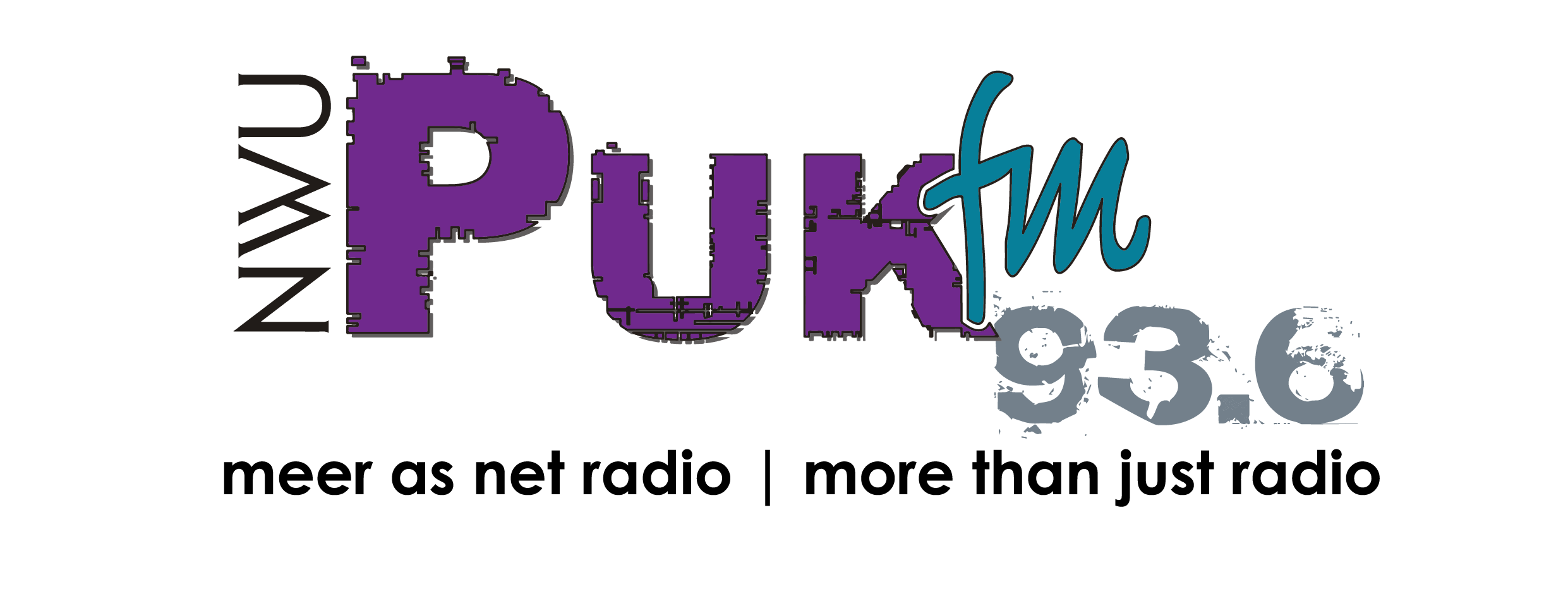



Post comments (0)